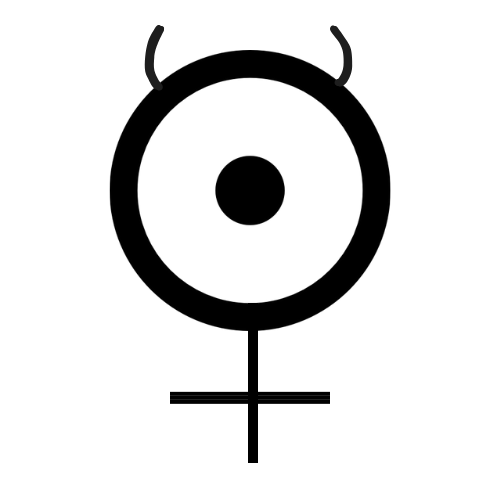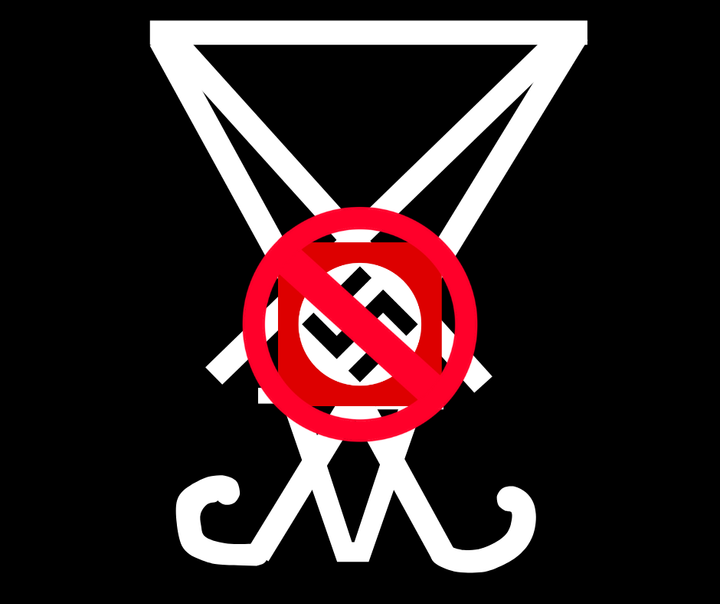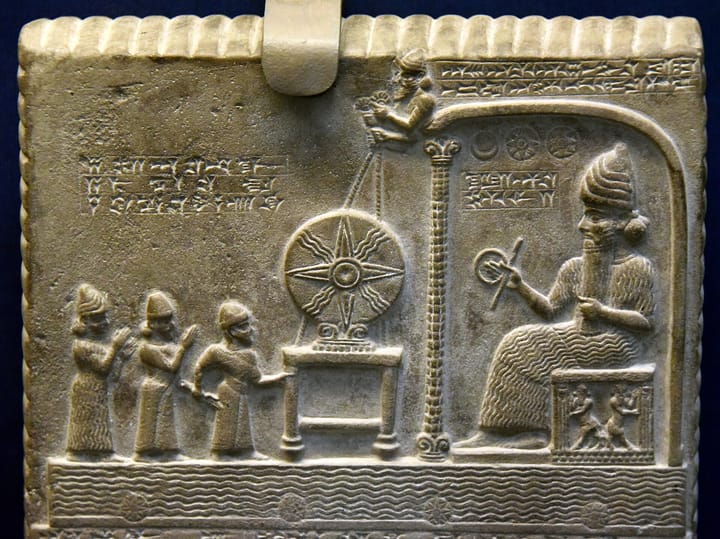Cultural Humility While Studying the Occult
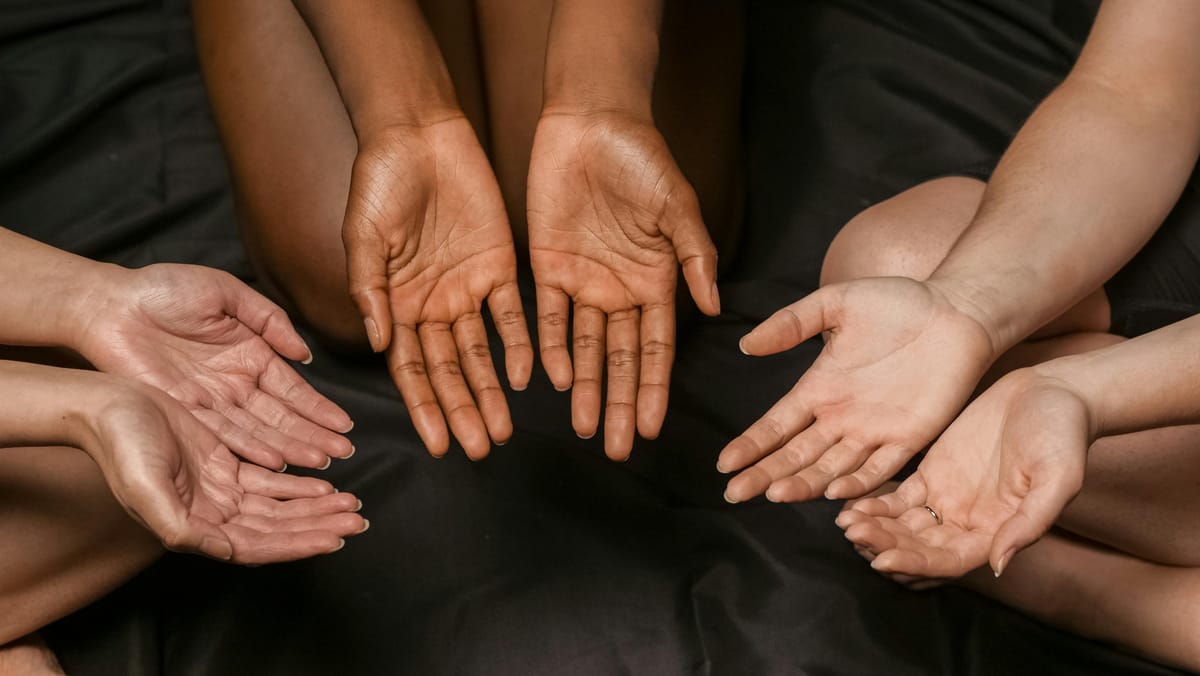
Enduring challenges to our focus on culture in caring [includes] evidence and search for "universal truth" as a basis of cultural competence.
— One of my professors
There are as many reasons why people may be drawn into studying and/or practicing the occult as there are those people. Most of the time, however, those reasons come down to self-empowerment. Many I have met wanted financial stability or to increase their social/professional status or to figure out how to better navigate the world. For myself, empowerment first came in the form of me seeing more ghosts after I hadn't in years and wanting ways to keep them the hell away from me. Eventually, honing my magic and coming into relationship with my deities led to further means of empowerment to move across the country and truly embody myself.
I'm studying social work in grad school, which means the empowerment of the communities and individuals we are helping is a key part of our discussions in class. However, it's one thing to say that you are helping to empower people with respect to them, and another to say it with patronization and dictation. The former, as it so happens, allows us to understand the immediate challenges and actual goals of the people involved and help them come to real solutions. The latter with its lack of true engagement does not lead to as-successful outcomes. For instance, you can fund and build a youth center in a community that you see as in-need; but the community won't take much interest in your project if they are far more concerned with general plumbing access.
Where this connects with occult spaces—and other modern spiritual areas—is the belief in "universal truth." I have talked before about how prisca theologia falls apart upon my comparison of the Greek and Chinese elemental systems. We also see consequences befall individuals who try to subscribe to similar ideas throughout history. According to the introduction of Emma C. Clarke, John M. Dillon, and Jackon P. Hershbell's translation of Iamblichus's De mysteriis, the Roman Neoplatonist philosopher Porphyry searched for via universalis (universal way) for liberation of the soul through studying "true philosophy," the "ethics and disciplines of the Indians," and the "inductio of the Chaldeans." He was so unsuccessful that at one point he reached suicidal ideation.
Nowadays, the story isn't much different among many occult seekers, which is frustrating from an observatory standpoint.It amazes me the number of people I have met on the occult servers I frequent who truly believe that the power behind examples of traditional magics is some kind of operation they can crack open instead of the cultures these magics belong. (For example, trance states inducted by drumming that are specialized to Yoruba or Voudou initiatory lines). This isn't to retread the tired conversation about "closed practices," which has been exaggerated beyond initial protective intentions by non-practitioners, non-academics, and racists using dogwhistles. There just usually is a type of person—often clearly privileged and male-presenting, frankly—who believes they have "cultural openness" just because they have talked with people from these traditions.
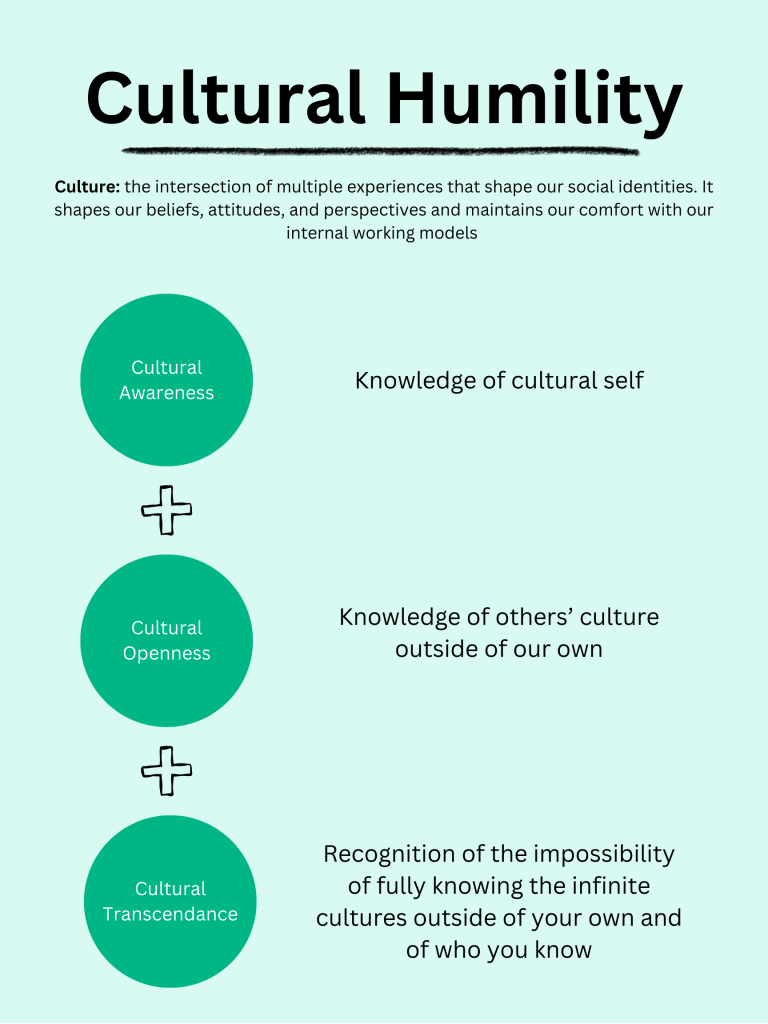
However, priding yourself on having "cultural openness" is the same as stopping at "cultural competence." "Cultural competence" is to empirically understand parts of traditions that are outside of your own. On the other hand, "cultural transcendance" requires a self-humility in the recognition that you cannot truly fully understand the experience of someone else's culture or tradition, never mind the infinite that has existed throughout all of human time. And to truly integrate that humility is to understand that it is impossible for there to be "one way" to go about life in any regard while all possible ways have equal validity.
This integration naturally leads to decrease in self-centeredness and an arising of willingness to shed previous toxic notions of individualism. What fills the void is a more collectivist way of thinking. Indeed, some cultures that occult traditions originate—such as Tibetan Buddhism or African Traditional Religions—are so community-based that the magic is inextricable from that format, which is the actual reason initiation is required. Without access to the spirits who partner with the human practitioners to provide the religion's basis and the particular technology used as part of those relationships, you simply will not get the same results magically as members of these groups.
When this is pointed out to the people who think of themselves as culturally open, it is surprising how often epithets come out. They may call the people who are pushing back on them "woke," which as an epithet alone indicates that they are not at the appropriate point of understanding where they can interact with outside cultures respectfully.
Complaints about "cultural appropriation" are also common. I'm not sure I need to point out that this behavior sources from a lack of self-awareness. "Cultural appropriation" comes from similar academic conversations that birthed the other definitions I provided in the graphic above. When it is used by members of a group that systemically have less power than the people who are infringing, it is a bid for the latter group to show cultural humility. If someone is requesting that you stop hurting them and your response is, "Don't tell me I can't play with your toy." You probably do not have the preparedness necessary to do the work that many spiritual paths require.*
In fact, I find it increasingly difficult to believe that the majority of people in this era of time will get the best results out of their magic if they do not work toward self-awareness and empathy. We are on a planet that is dying from climate change. There are catastrophic fires two hours away from where I live as of right now that have taken the lives of dozens of people and have ruined those of thousands more. The only thing keeping residents adrift is the collaboration and generosity of those around them as the incoming federal administration threatens to withhold support in the future. This is just one example of how there is no way to survive, never mind thrive, without recognizing that we are each a tiny point in a giant network and working in cooperation with one another is the best chance we have. You cannot do it alone. You will not succeed alone. The idea that you can has always been an illusion for even the billionaires currently taking over our government would have nothing if it weren't for the thousands of people underneath them whose labor they exploit.
So while my words are just a drop in the tiny pond that is the occult internet, I would like our spaces to start openly considering the bare minimum in retaining quality. In a world that is increasingly hostile toward perceived difference, and in all likelihood willing to persecute magical practitioners as was done in the recent past, should we not ask our peers to always behave from a point of humility? Internet or in-person, we have a duty to one another to keep community spaces safe and respectful if we are to expect safety and respect for ourselves. Whether it is self-humility or achieving cultural humility, our selves and our magic will benefit from it.
*Alternatively, in a few years you will be forced to grow by spirits in a way that's probably not too comfortable.
